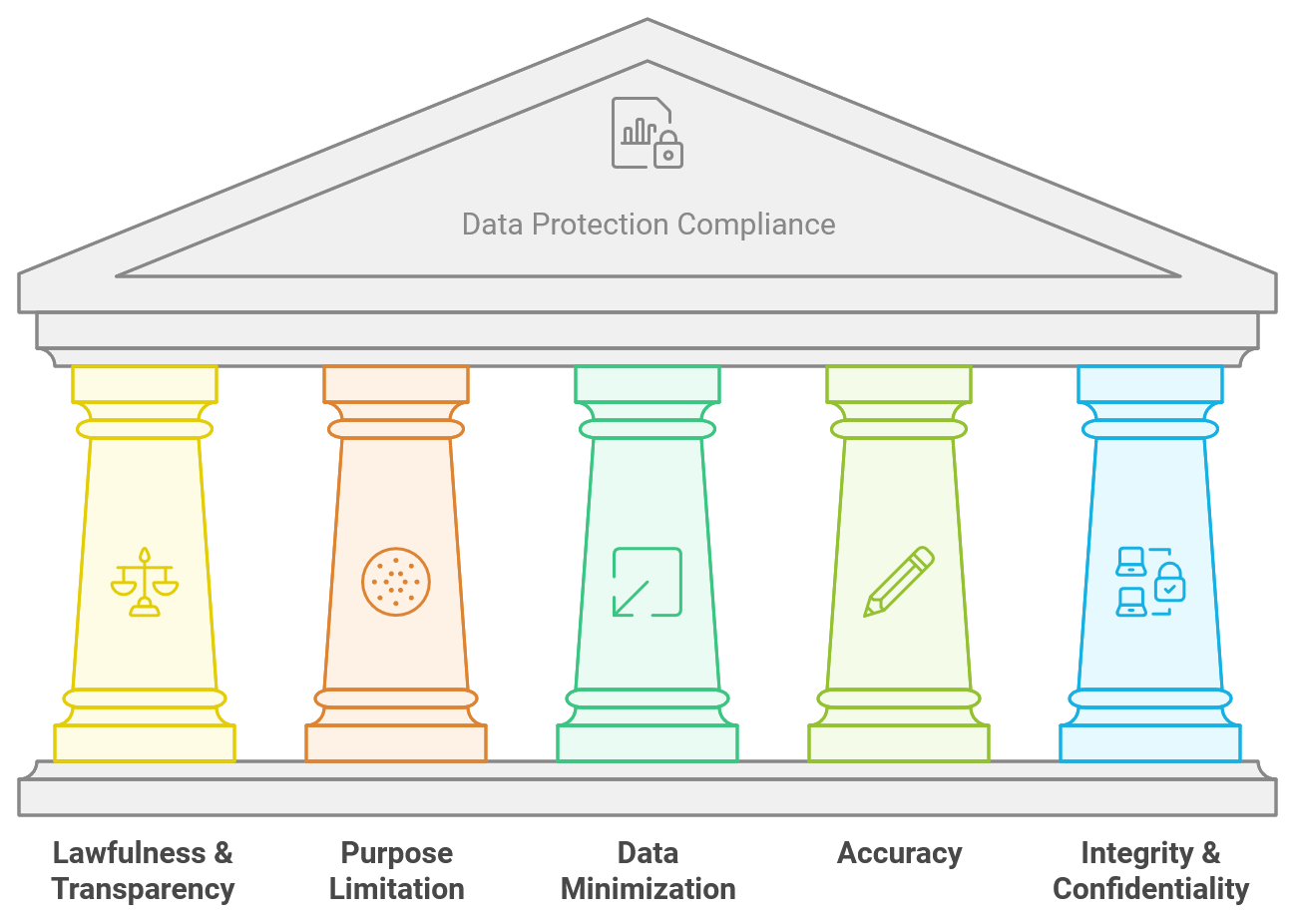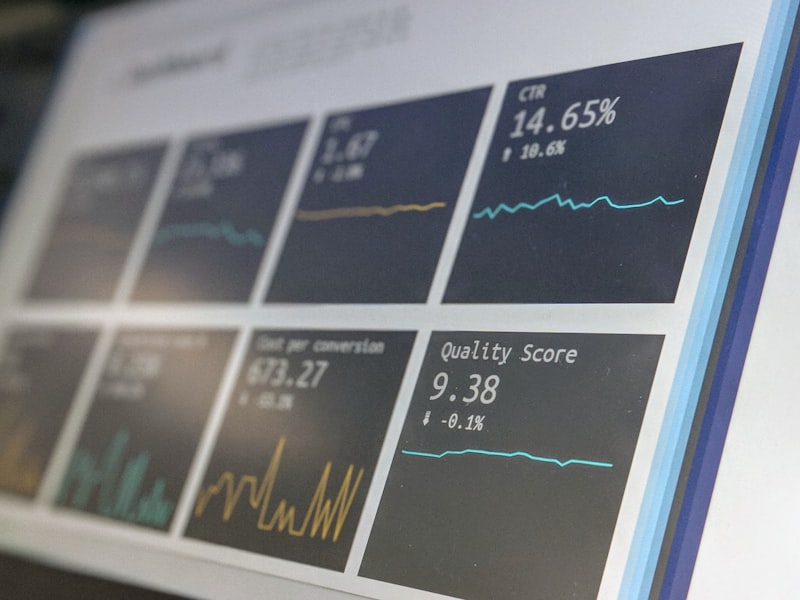Data-Driven Risk Management: The Future is Here
The era of reactive risk management waiting for a crisis to occur before formulating a response is officially over.
Read MoreDecember 6, 2024

The new Data Protection Act, introduced in Nigeria, builds upon and replaces the Nigeria Data Protection Regulation (NDPR) of 2019. It provides an updated legal framework for the protection of personal data in Nigeria, emphasizing lawful, fair, and transparent data handling practices, with a focus on data minimization, accuracy, purpose limitation, and secure processing.
This guide aims to help background screening companies stay compliant with the new Data Protection Act, ensuring that individuals' personal data is safeguarded effectively.

Security Consulting
The era of reactive risk management waiting for a crisis to occur before formulating a response is officially over.
Read More
Security Consulting
For businesses in Nigeria and across the globe, understanding and mitigating physical risks has never been more critical.
Read More
Protective Intelligence
Should ordinary citizens take up arms to defend themselves? On the surface, it seems a simple, visceral answer to a complex problem.
Read More